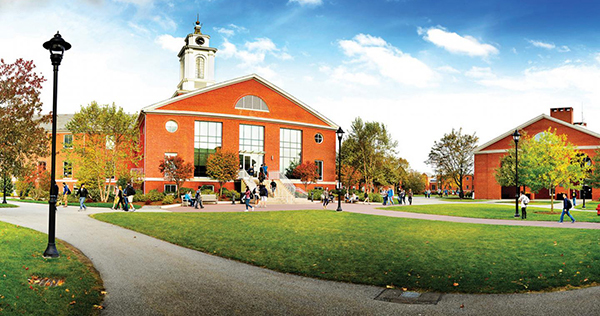How Much Money Are Women Making in Your State?
Although the United States still ranks a disappointing 23rd on the Global Gender Gap Index, personal finance social network WalletHub had some good news last week for Massachusetts, just in time for Women’s Equality Day: In its 2014 in-depth analysis of the Best and Worst States for Women’s Equality, the publication ranked Massachusetts 13th best overall.






